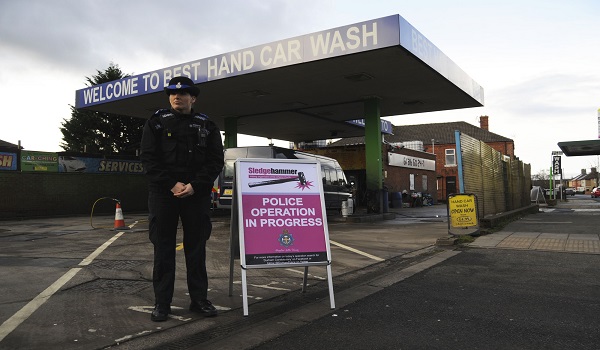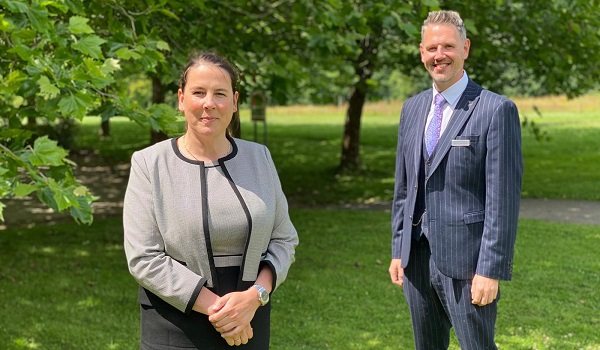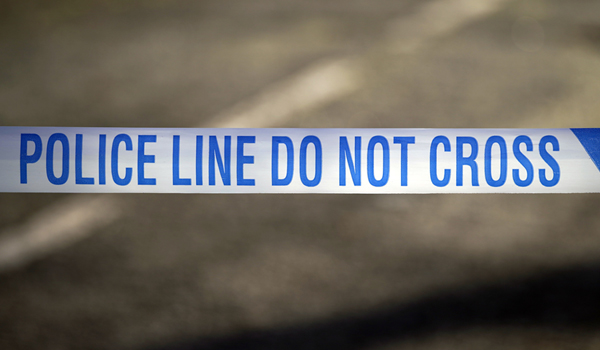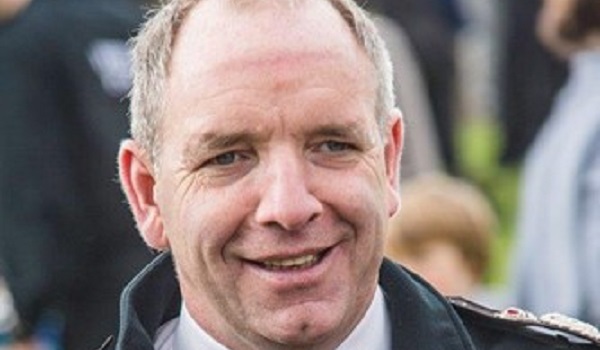Smartphone app tackles modern slavery
A new smartphone app created to help members of the public alert police to potential incidents of modern-day slavery at hand car washes has led to nearly 1,000 reports in its first five months.
Safe Car Wash was launched by the Church of England’s anti-slavery campaign The Clewer Initiative and the Catholic Church’s Santa Marta Group. Analysis by the University of Nottingham’s Rights Lab showed the application was downloaded 8,225 times during its first six months.
The Home Office estimates there are more than 10,000 victims of human slavery in the UK – those being forced to work for little or no pay in a variety of industries. One area where exploitation is thought to be widespread is hand car washes.
The National Crime Agency (NCA), which is supporting the app, said hand car washes were a high-risk business for exploitation, and the report into the results of the church’s mobile phone app gave a further insight into the problem.
The app invites users to complete a survey about working conditions at hand car wash sites they visit which includes key indicators of modern slavery. Questions include whether workers are equipped with appropriate protective clothing – such as gloves and boots – and whether there is evidence of staff living on site.
The data collected by the app is anonymised and shared with the NCA and the Gangmasters and Labour Abuse Authority (GLAA), the group responsible for targeting modern slavery in the UK.
Between June, when it was launched, and December, 2,271 completed entries were made via the app. Organisers said in 41 per cent of these cases – 930 entries – users were told, after responding to a number of questions, there was a likelihood of modern slavery at the hand car wash and advised to call the Modern Slavery Helpline. However, only 18 per cent actually went on to make the call.
Chair of The Clewer Initiative, Bishop Alastair Redfern, said: “They recruit people who’ve got mental health issues, broken relationships, come from another culture where they don’t trust the police, they may have immigration issues. The only signs are if we notice how somebody looks, their demeanour and then we can begin to push back. The police can’t do that, the local authority can’t, and health and safety can’t. The public can.
“This research shows that the Safe Car Wash app has made an excellent start towards mapping the extent of modern slavery and labour exploitation in hand car washes, and, crucially raising public awareness of this issue. Sadly, the findings so far confirm what we already feared – that many car washes do not protect their workers.”
Paul Elms, head of prevention for the GLAA, said he thought the app was superb because it gave the user the ability to make referrals directly, but kept them safe as they did not have to confront anyone. He added that the fact that the app was able to pinpoint the location of each report was enabling authorities to get a detailed picture of the location of car washes across the country.







